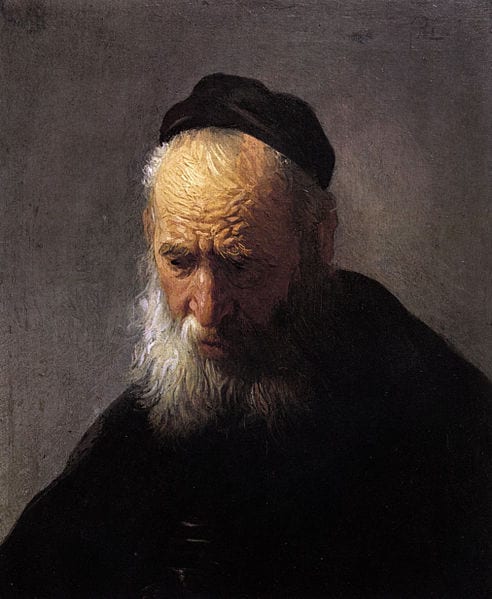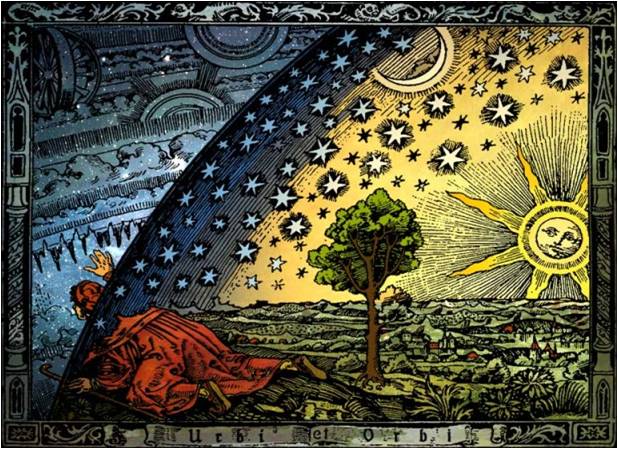Since leaving Lincoln Christian University (in fact, while I was still a student there), I have noticed that some of my friends and classmates have made some drastic decisions. Some have left the faith altogether. Others have left the Restoration Movement (a nineteenth century American church movement dedicated to non-denominationalism, the unity of all believers, and the Bible as the source of Christ’s authority, through the Spirit, on Earth). Others still spend a lot of time complaining, either about their churches in specific or the Restoration Movement in general. Seeing these comments on Twitter and Facebook, hearing about them friends still in Lincoln has made me ask myself why I still associate myself with the Restoration Movement? Why haven’t I moved on, either to disconnected (or evangelical) non-denominationalism? Or, why haven’t I joined some denomination? It is true that I currently worship at a Free Evangelical church, but that is primarily because I now live in England where the Restoration Movement has not seen the same level of dispersion as it has in the United States where it began.
I would like to organize this post around one of the movement’s most famous (and appropriated) slogans: “In essentials, unity; in opinions, liberty; in all things charity (love).” This I feel helps me paradigmatically show how and why I wish still to associate with and belong (if I can use the term belong for something that technically only exists as an ideal that men and women attempt to live out) to the Restoration Movement.
In Essentials, Unity
While there can be, and often is, much fighting over what all counts as essential, the center of the core is Jesus Christ, Son of God, our Saviour and Redeemer, who died for our sins, rose from the dead, and is returning. By being part of the Restoration Movement I can fellowship with any and all believers who hold to this core. We can agree on this as core. To be part of a denomination might require acquiescence to other points of doctrine (perhaps even ones with which I wholeheartedly agree) that are beyond the core. While individuals within and without the RM might act against this principle, nevertheless, to truly grasp the ideal of “in essentials, unity,” is to be reminded that our brothers and sisters in the faith are everywhere and in every group that calls itself Christian.
In Opinions, Liberty
Related to the above, our freedom in opinions allows room for debate, for scholarship, for uncertainty. It allows, in short, for differences in theology and praxis. I myself am of a more liturgical and sacramental bent. I think my studied opinions on these matters are important and can help us better understand, worship, and obey God in our daily lives. Nevertheless, I would not and, if I wish to keep true to the ideal, cannot force others to conform to my ideas with the threat of disfellowship or excommunication. We can be more unified in our essentials if we can be free in our opinions. This reminds me that we’re fallen and while we are our working toward perfection and Christlikeness each and every day of our faith, we do not, and cannot, plumb all the mysteries of God.
In All Things, Love
The final point is perhaps the most important. In all we say and do, it is to be done in love. Believers are to be loved as brothers and sisters, nonbelievers are to be loved as image bearers of God, as people who do not yet know Jesus and need to. This is not to say that other denominations, movements, or individual churches do not hold themselves to these very ideals, many do. Like us in the Restoration Movement, they also fail.
I chose to remain with the Movement that taught me this principle and also because I feel that in it, I have the most freedom. In this movement, I have the most freedom to learn from other denominations, from Church History. I’m not bound to Calvinism or Arminianism. I’m not bound to transubstantiation or Zwinglianism. I’m free, free to explore, to understand, to learn about God from all who call on the name of Jesus as Lord. I’m not asking for all other Christians to leave their denominations and join us. I’m not even asking all denominations to cease existing and to become one large, unified, Christian family (though I would love to see this). I’m simply trying to say that rather than jump ship, I’m choosing to remain, at least in heart and action, with the Restoration Movement. When I face problems within it, I try to remind myself of this and other principles of the movement. I try to enact change rather than complain (although I do more than my fair share of complaining too).
What about you? If you’ve left, why did you leave? If you’re complaining, what can you do to make things better, besides leave?












